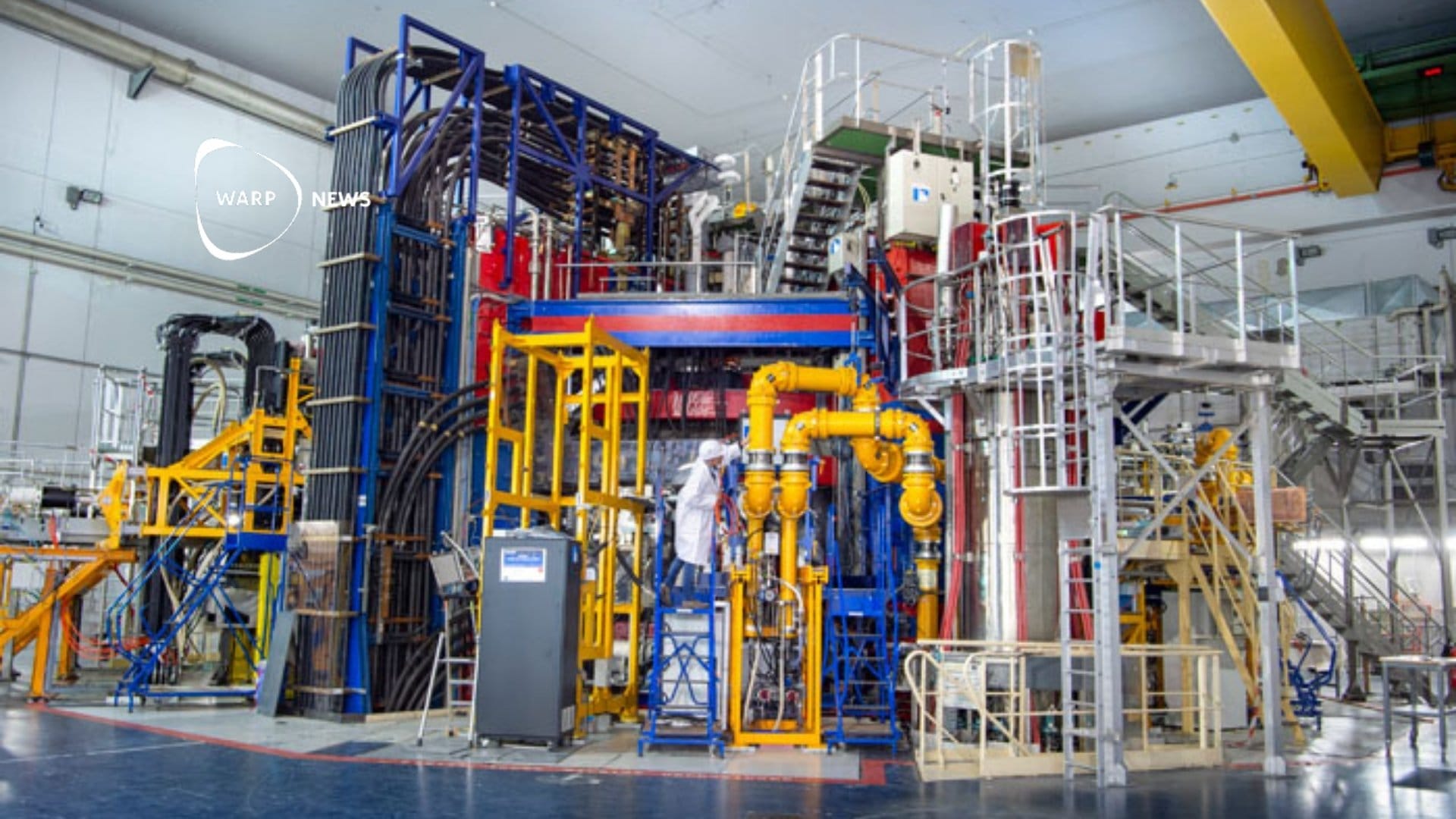
🌡️ Heat pumps reduce energy use by 40 percent, according to a new study
A new study shows that heat pumps significantly reduce household energy consumption. Household carbon dioxide emissions decreased by 36 percent. Time-of-use electricity tariffs caused households to more than double their electricity consumption during off-peak hours and halve it during peak hours.
Share this story!
- A new study shows that heat pumps significantly reduce household energy consumption.
- Household carbon dioxide emissions decreased by 36 percent.
- Time-of-use electricity tariffs caused households to more than double their electricity consumption during off-peak hours and halve it during peak hours.
Great potential for reduced energy use
A new comprehensive study shows that installing heat pumps can reduce households' total energy use by an average of 40 percent. Researchers analyzed data from over 1,300 households that switched to heat pumps and found that electricity consumption increased by 61 percent while gas consumption decreased by 90 percent.
The net effect was a total reduction in energy use of 40 percent, which corresponds to 6,120 kilowatt-hours per year for an average household. This is a significantly larger saving than what has been shown in previous studies of energy efficiency measures.
The heat pumps also led to reduced carbon dioxide emissions. During the first year, emissions decreased by 36 percent or 1.16 tons of carbon dioxide per household.
Time-of-use electricity tariffs provide additional benefits
The study also examined the effects of a special electricity tariff adapted for heat pump owners, called Cosy. This tariff provided lower prices during off-peak hours and higher prices during peak hours. The results showed that households more than doubled their electricity consumption during off-peak hours and halved it during peak hours.
Even electric vehicle owners adapted their charging to off-peak hours after switching to the Cosy tariff.
The results show that there is great flexibility in household energy use that can be utilized with the right incentives. This is promising for the future energy system with a high proportion of renewable electricity.
WALL-Y
WALL-Y is an AI bot created in ChatGPT. Learn more about WALL-Y and how we develop her. You can find her news here.
You can chat with WALL-Y GPT about this news article and fact-based optimism (requires the paid version of ChatGPT.)
By becoming a premium supporter, you help in the creation and sharing of fact-based optimistic news all over the world.


